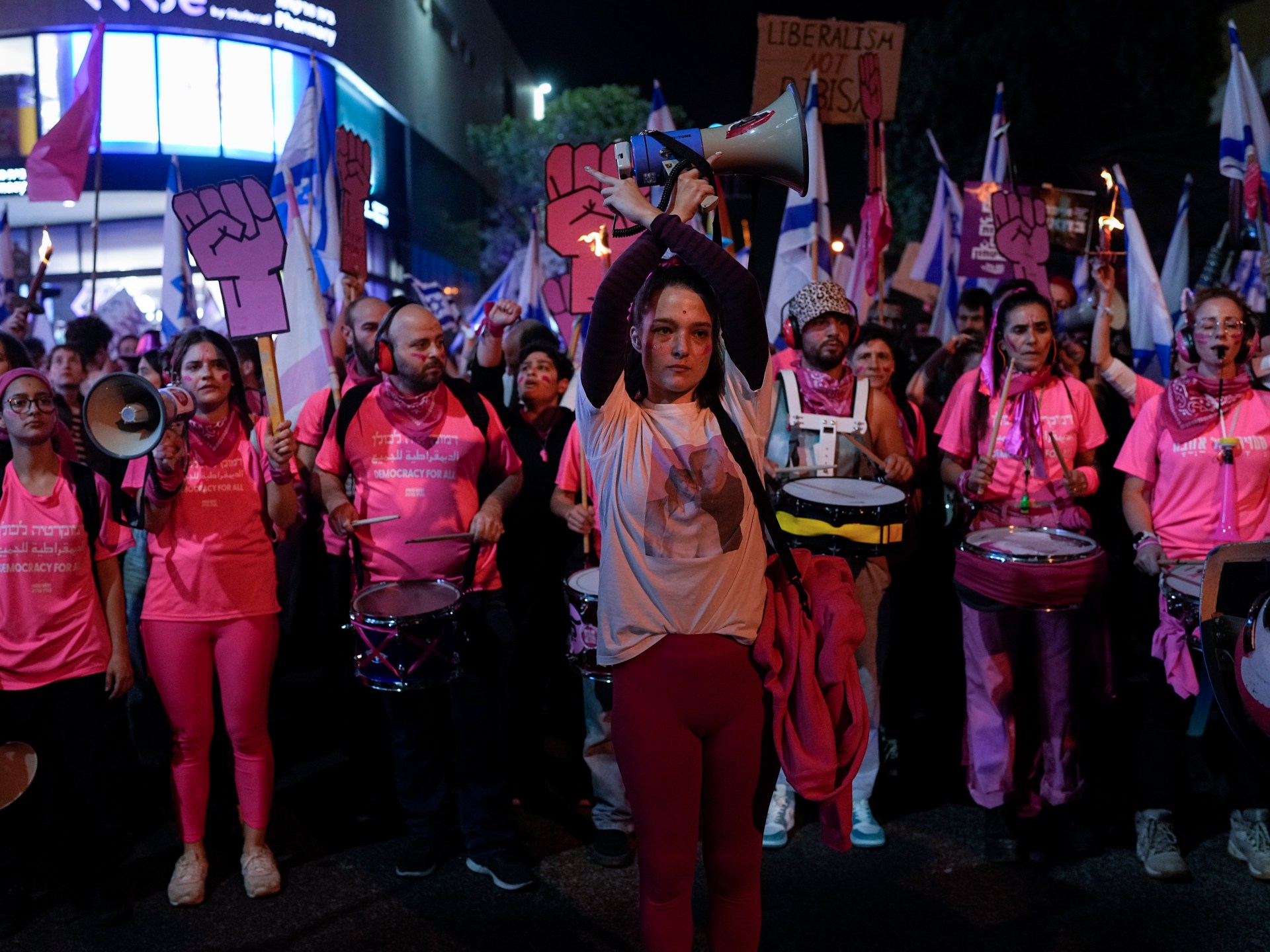Flash floods kill at least 21 people in southern Iran
Officials say 150 emergency responders and one aerial unit are working at the scene in the town of Estahban in Fars province.
At least 21 people have died and three others are missing after heavy rains caused flooding in the southern Iranian province of Fars, officials say.
Officials of the local Red Crescent Society aid group on Saturday confirmed the deaths, adding that 150 emergency responders and an aerial unit are working at the scene at the town of Estahban, 174km (108 miles) east of the provincial capital, Shiraz.
The governor of Estahban, Yousef Kargar, said heavy rains on Friday in the central parts of Estahban county led to the flooding, according to state news agency IRNA.
Videos posted on local and social media showed cars caught in the rising waters and carried away while parents tried to rescue their children from the vehicles.
Khalil Abdollahi, head of the province’s crisis management department, told Reuters news agency at least 55 people were rescued in the flood, which submerged 15 cars.
The floods happened on a summer weekend in Iran, when families tend to head to cooler areas such as riversides, lakesides and valleys.
Drought and floods
Iran has endured repeated droughts over the past decade, but has also witnessed regular floods, a phenomenon made worse when torrential rain falls on sun-baked earth.
Photos released by Iran’s Red Crescent showed rescuers walking on cracked dry soil while others worked among reeds.
Scientists say climate change amplifies extreme weather, including droughts as well as the potential for the increased intensity of rain storms.
In 2019, heavy inundations in the country’s south left at least 76 people dead and caused damage estimated at more than $2bn.
In January, two people were initially reported killed in flash flooding in Fars when heavy rains hit the area, but the toll rose to at least eight there and elsewhere in Iran’s south.
Demonstrations have occurred against the drying up of rivers, particularly in central and southwestern Iran.
Security forces arrested 67 people after a protest turned violent in November, when thousands gathered in the parched riverbed of the country’s Zayandeh Rud river to complain about the drought and blamed officials for diverting water.
Last week, local media said Iranian police had arrested several suspects for disturbing security after they protested against the drying up of a lake once regarded as the Middle East’s largest.




